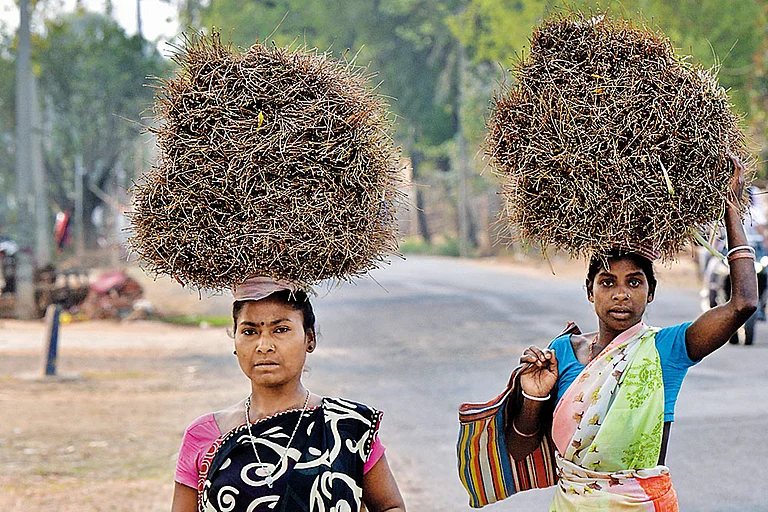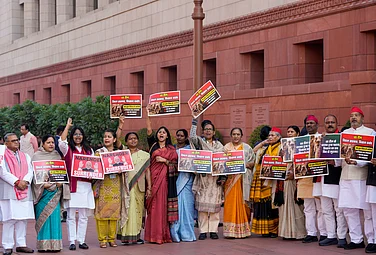A blast in Pakistan's Balochistan province on Friday killed at least one person and injured 20.
A sweet shop in the main market of Kohlu town in Balochistan was rocked by a blast on Friday, according to police.
Kohlu District Headquarters (DHQ) Hospital Superintendent Asghar Marri said 21 people were brought to the hospital after the blast. While one of them died, the condition of 10 others are critical.
"Those critical are moved to a hospital in Dera Ghazi Khan city," said Marri.
There was no immediate claim of responsibility for the bombing, but previous such attacks have been blamed on militants and separatists active in the Balochistan province.
According to Mir Zia Langove, Adviser to Balochistan Chief Minister for Home, preliminary police investigation suggested it to be a remote controlled bomb blast.
"The Bomb Disposal Squad are at the site and they will confirm the nature of the blast soon," he said.
Pakistan's Balochistan is a restive provice with a raging insurgency. Terror attacks, including suicide and remote controlled bomb blasts, are a frequent menace in Balochistan province. The province witnesses frequent attacks at security personnel.
The repression of the broader Baloch nationalist movement is believed to have fuelled the armed separatist insurgency in the province.
"The Pakistani military has so far proven unable to eliminate militant organisations and the larger nationalist movement, despite conducting targeted assassination campaigns and kidnappings and making various attempts to discredit the nationalist movement by associating it with organized crime or terrorist groups...They [Baloch activists initially] were struggling for more autonomy within the federal constitutional framework and for the government to respect the socioeconomic rights of the Baloch. It was the state’s repressive response that radicalised most elements of the 'nationalist' movement," noted a paper by the Carnegie Endowment for International Peace.
(With PTI inputs)


























